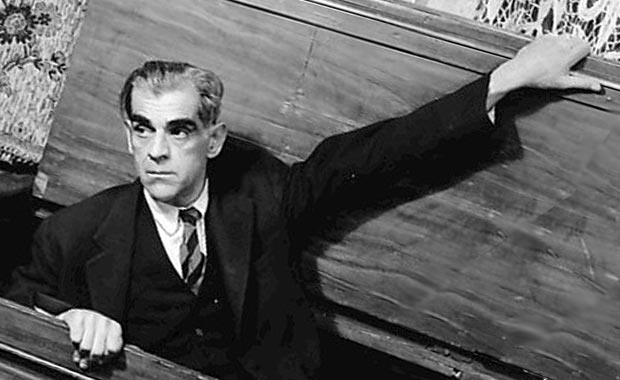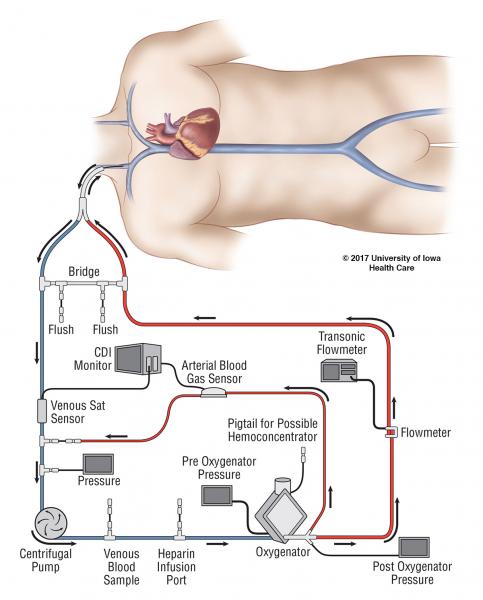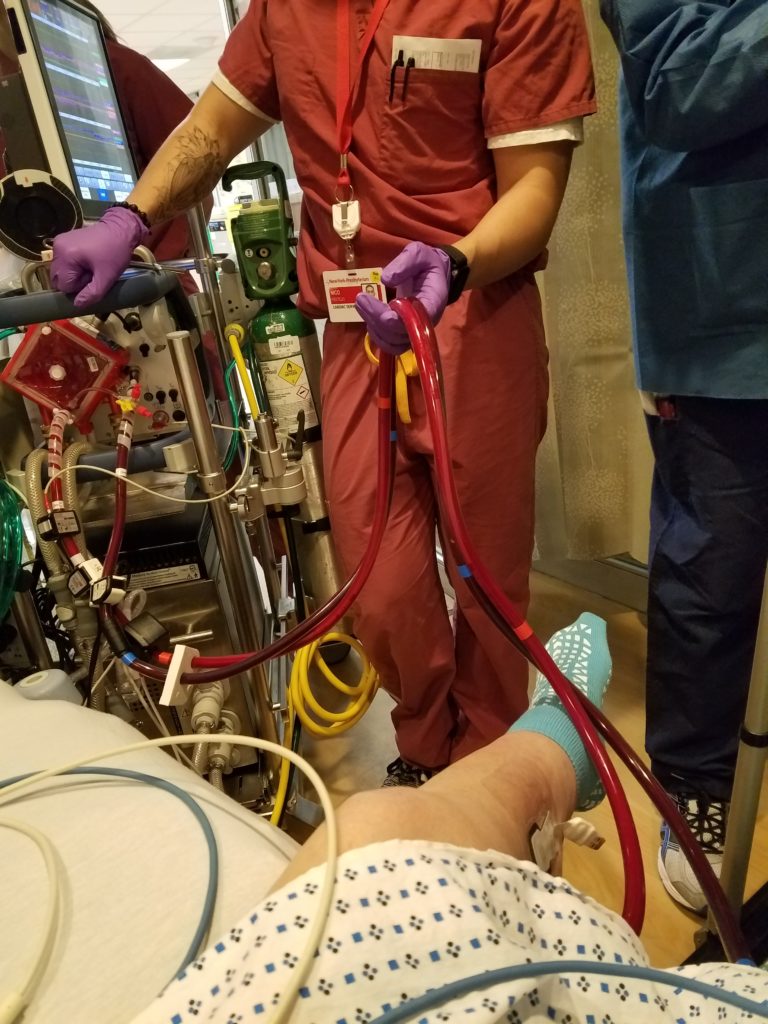Shirley Temple is interviewed by Michael Parkinson on Parkinson. This episode was originally telecast by the BBC on July 22, 1972:
(This is the latest in a series of arts- and history-related videos that appear in this space each Monday, Wednesday, and Friday)







